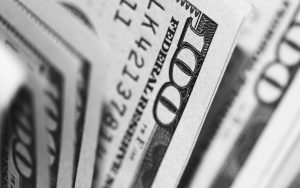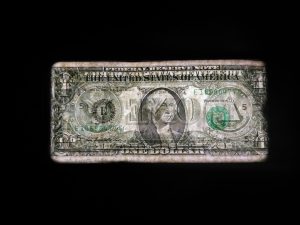Forex, or foreign exchange market, is the largest financial market in the world, with a daily turnover of over $5 trillion. It is a decentralized market where currencies are traded 24 hours a day, five days a week. Forex trading involves buying and selling currencies with the aim of making a profit from the fluctuations in their exchange rates.
Participants in the forex market include central banks, commercial banks, investment banks, hedge funds, corporations, and individual traders. The market operates on a global scale, with major financial centers in London, Tokyo, New York, and Sydney.
Forex trading involves two currencies, with one being bought and the other being sold. The exchange rate between the two currencies is determined by the market forces of supply and demand. For example, if the demand for the US dollar increases, its exchange rate against other currencies will rise.
Forex traders can take advantage of the fluctuations in exchange rates by buying a currency when its value is low and selling it when it appreciates. The difference in the exchange rates is the profit or loss made by the trader. Forex trading is highly leveraged, which means traders can control large positions with a small amount of capital. This magnifies the potential profits, but also increases the risk of losses.
There are several ways to trade forex, including spot trading, futures trading, options trading, and exchange-traded funds (ETFs). Spot trading is the most common form of forex trading, where currencies are bought and sold for immediate delivery. Futures trading involves buying or selling contracts that represent a specific amount of a currency at a predetermined price and date. Options trading gives traders the right, but not the obligation, to buy or sell a currency at a certain price and date. ETFs are investment funds that track the performance of a basket of currencies.
Forex trading is influenced by a variety of factors, including economic indicators, political events, and market sentiment. Economic indicators such as GDP, inflation, and employment reports can have a significant impact on the exchange rates of currencies. Political events such as elections, government policies, and international trade agreements can also affect the forex market. Market sentiment, or the overall mood of traders towards a currency, can be influenced by factors such as news events, market rumors, and technical analysis.
Forex trading is not without risks. The highly leveraged nature of forex trading means that traders can lose more than their initial investment. Market volatility, liquidity issues, and counterparty risk are also factors that can lead to losses. Traders need to have a solid understanding of the market and risk management strategies to minimize their exposure to these risks.
In conclusion, forex trading is a complex and dynamic market that offers opportunities for traders to profit from the fluctuations in exchange rates. The market operates 24 hours a day, five days a week, and is open to a wide range of participants. Forex trading is highly leveraged and carries significant risks, but with the right knowledge and strategies, traders can manage these risks and potentially achieve significant profits.





